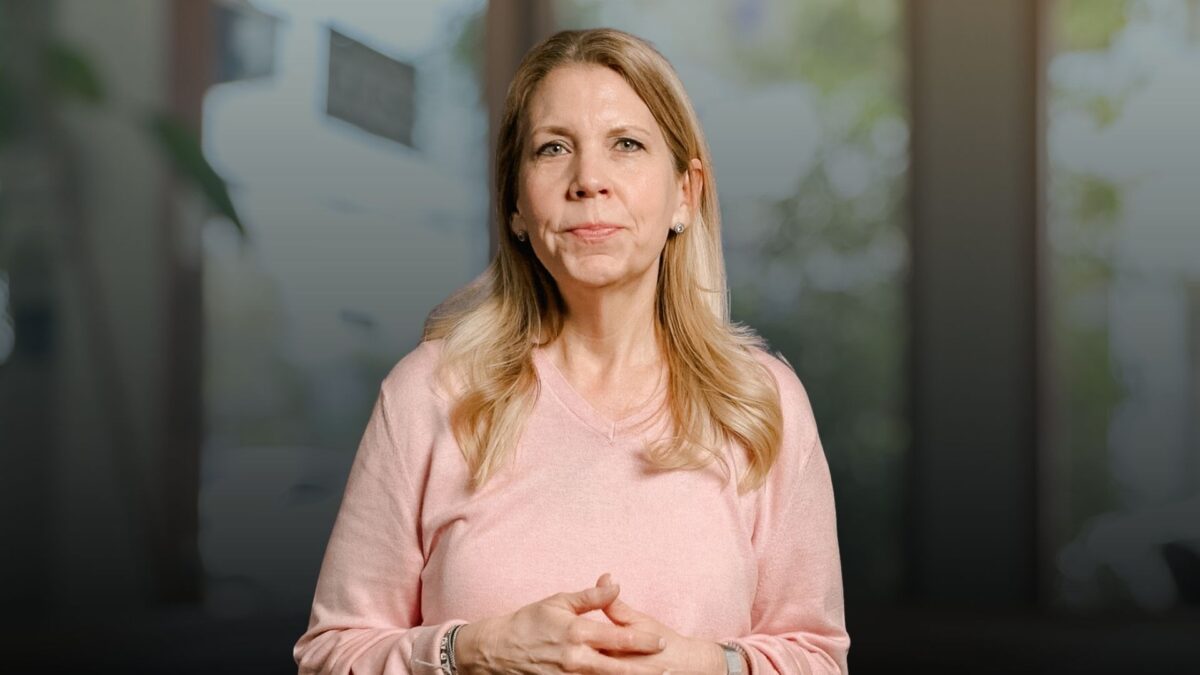Building a Budget

Have you ever traveled across an extremely high bridge and wondered how did the engineers and builders ever build this bridge? Where did they even start? They started with a plan. And as the build took place, they referenced that plan a lot. The plan gave them direction on what areas needed more support and what areas needed a little bit of flex.
Building a budget is remarkably similar—No two months are the same; which reminds us that a budget needs to be reviewed every month. Some months may need a little flex. If you’re going on vacation, money may need to be reallocated plan for that road trip. Budgets need a little bit of flex.
If you’re married, when you’re working on your budget together, it works well to have one person that is the engineer and one that is the builder. The engineer is the one that likes to build the worksheet and make modifications to the upcoming month. The builder is the one that may have most of the spending responsibilities, paying the utilities and checks what is flowing in and out of the bank account. Whatever role you have, both are important, and both need to work together.
Single friends, you will be the engineer and the builder. It is important to have a trusted friend or family member that can be an accountability partner. Because in the beginning of building in financial principles, it is helpful to have someone that is a bit more experienced that you can connect with.
Ok so let’s get started building a budget! Our four main supports are always going to be:
Housing, Utilities, Transportation, and Food.
Housing—including insurance and HOA dues should be no more than 25% of your take home pay. This will be discussed more in an upcoming video.
Utilities—remember to watch what your heat and air conditioning are set on. Set these a little higher in the summer so that the air conditioning is not constantly running or lower in the winter and bundle up with an extra layer of clothing. Turn things off when you’re not using them. Remember little changes, over time, make a big difference.
Transportation —avoid buying a car until it is absolutely necessary. When you do buy a car, save up for a good used one that you can pay cash for. Other ways to save money on transportation:
-Shop around for car insurance
-Carpool: If you’re married, can you share a car. Especially in today’s world when many people are now working from home. Do you really need two cars?
Other categories that we need to have in our budget: Giving, paying off debt, clothing, medical, and kids activities. Some of these items will have fixed cost like a mortgage, rent and debt. Others will fluctuate such as medical or food. Food can be a big budget buster so watch it closely. A family of 4 should budget around $1,000 a month for groceries and eating out…if you’re eating out.
Budgets are to help us manage and evaluate. They bring awareness to when we’re overspending and moving off course and help us to course-correct quickly—this intention leads to freedom, confidence and less stress. Anyone can do a budget whether you’re single, married, or living paycheck to paycheck. You do not need to be a CPA to do a budget. And to help you with this, we have a sample budget in the resource section. What I need you to do is to take your spending record and your non-monthly expenses and use these to build your budget. In the next video lesson, we will learn how to pay off debt. Let’s be done with debt so that we can move that budget category to something fun!